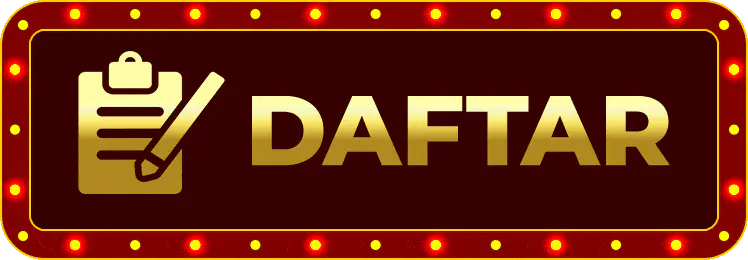QQ1x2
QQ1x2: Provider Permainan Slot Demo Asli Pragmatic & PG Soft Gratis 2024
QQ1x2: Provider Permainan Slot Demo Asli Pragmatic & PG Soft Gratis 2024
Couldn't load pickup availability
QQ1x2 menyediakan beragam slot demo Pragmatic Play dan PG Soft yang sangat lengkap. Temukan ratusan judul game slot populer seperti Gates of Olympus, Sweet Bonanza, dan Mahjong ways, semuanya dalam versi demo gratis.
Mainkan slot demo Pragmatic dan PG Soft di QQ1x2 tanpa perlu khawatir saldo. Platform ini memungkinkan Anda untuk menjelajahi berbagai fitur dan mekanisme permainan tanpa risiko kehilangan uang.
Slot demo di QQ1x2 bukan hanya untuk bersenang-senang, tapi juga untuk berlatih dan mengasah strategi. Dengan potensi Maxwin x1000, Anda berkesempatan merasakan sensasi kemenangan jackpot yang luar biasa, bahkan dalam versi demo.
Manfaatkan kesempatan ini untuk mempelajari pola slot gacor, temukan strategi yang tepat, dan tingkatkan peluang Anda untuk meraih kemenangan besar di permainan slot uang sungguhan.
Slot Demo adalah permainan slot gacor dari provider Pragmatic Play dan PG soft Mahjong ways 2 Gratis x1000 dari Agen Slot Masa Kini
Share



